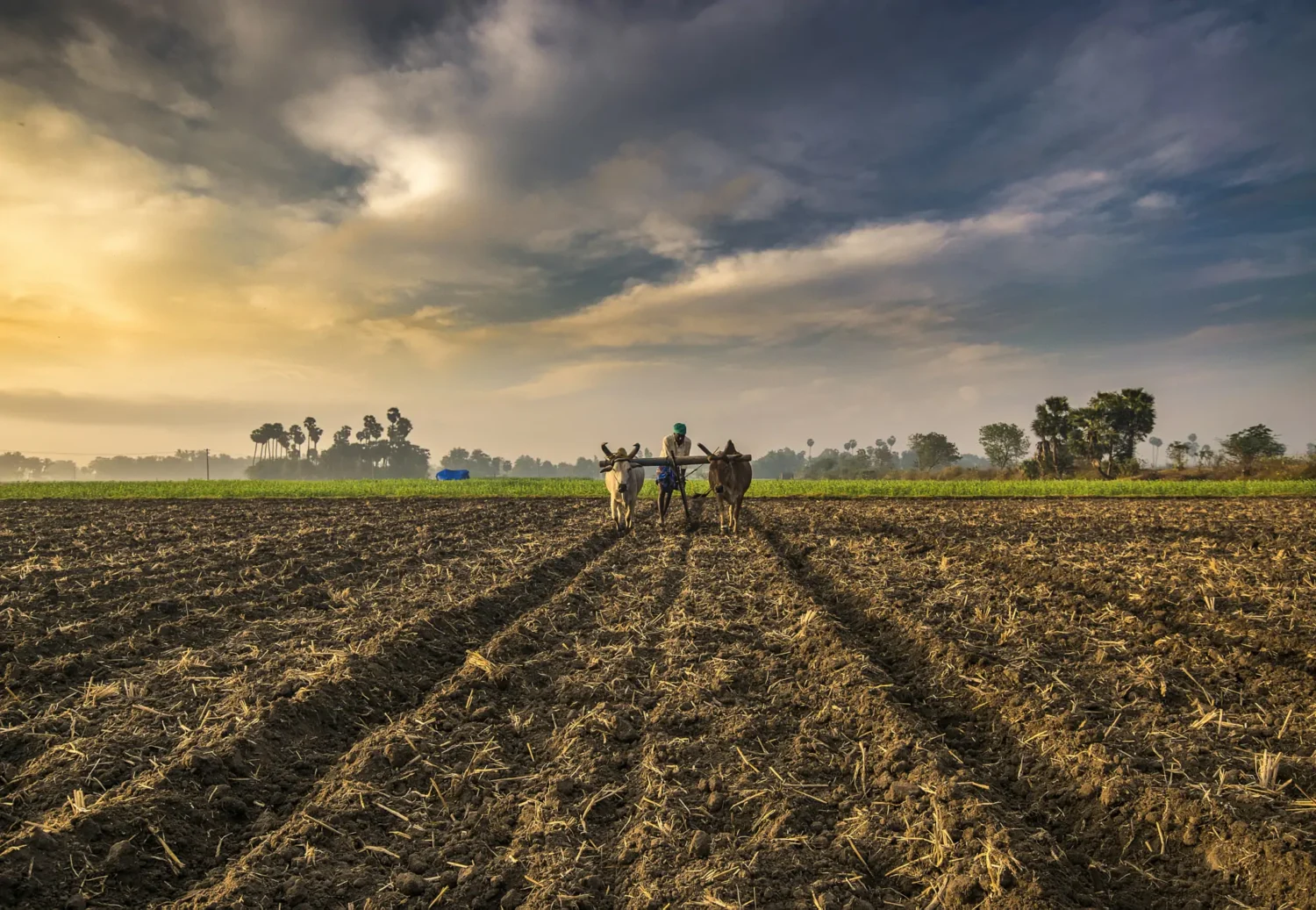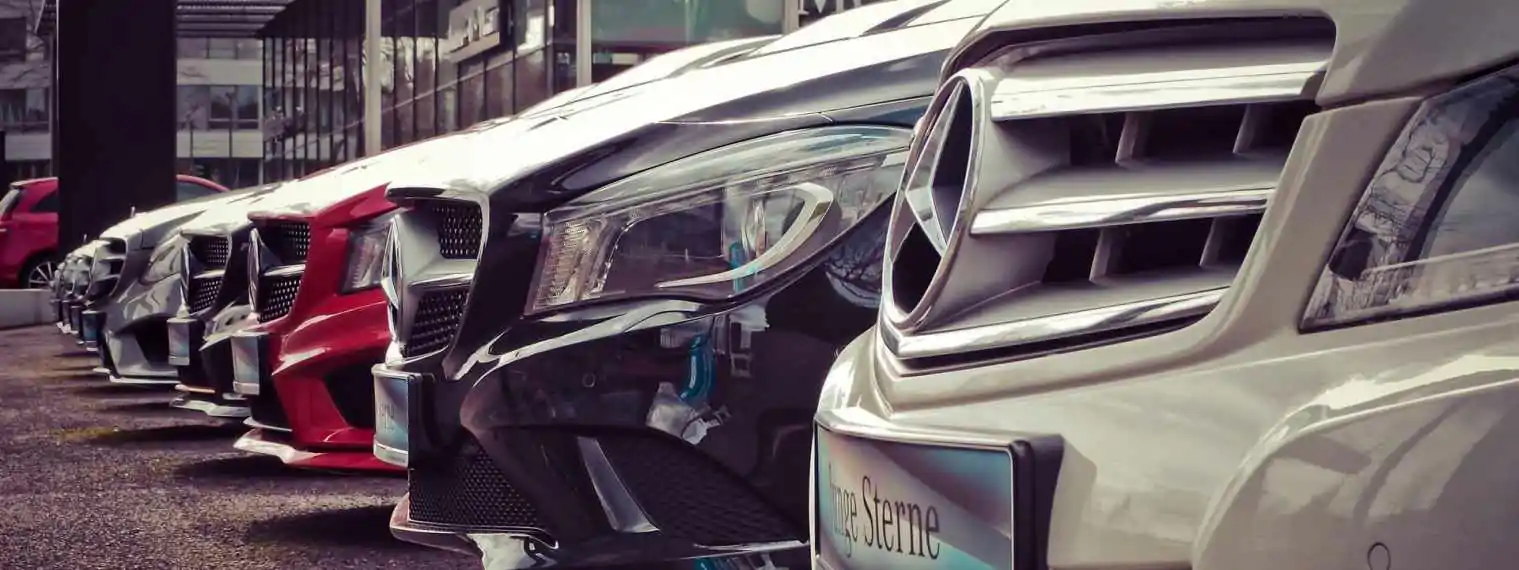
Almost half of UK farmers in the dark over Making Tax Digital
14 Oct 2019With less than six months to go until a new system for submitting VAT is in operation, nearly one-fifth of farmers do not know what Making Tax Digital is.
That’s according to a survey which reveals that 44% those who are aware of the changes have not investigated what it will mean for their business.
From April 1st, 2019, businesses with a turnover of more than £85,000 will have to submit data to HMRC via mandatory accounting software and the changes are causing concern among some business owners, particularly for those who feel they will be unable to use it.
Under the current system, VAT can be worked out on paper and only the final figures have to be submitted on the HMRC website, but this will no longer be an option from next year for farmers above the turnover threshold.
From April 2019, all farming businesses with a turnover in excess of £85,000 need to keep an electronic record of all business transactions on approved record-keeping software in order to be able to make VAT returns.
Businesses with a turnover of less than £85,000 will not have to comply with the new system, but will be encouraged to do so.
Those that already have an exemption from digital submission will automatically continue to be exempted.
Need to get your business ready for Making Tax Digital? Our team are certified experts and are here to help make the process a smooth one. Furthermore, our team boasts experts in the agriculture industry so you can be sure to work with an accountant who understands your situation and has the experience and knowledge to make life easier for you.
Get in touch to further discuss how our expertise can get help your business realise its full potential.
A need-to-know guide to Making Tax Digital for farmers
For farmers, there are several key points to be aware of heading into HMRC’s new digitisation of tax.
-
There will no longer be the option to use a paper-based record-keeping system to calculate the amount of VAT owed before submitting a paper return or manually entering calculations on the HMRC website.
-
Farms using electronic spreadsheets, such as Microsoft Excel, will also have to invest in specialist accounting software or bridging software (a tool to transfer data from one place to another) as, after the change, they will be the only products capable of sending and receiving data from the website.
-
HMRC will not be providing free software for users to make VAT submissions. A list of companies that sell accounting software and are working with HMRC to be compliant with the new system can be found on the GOV.uk website.
-
Only one submission will be allowed for each individual VAT registration number. This means companies that keep multiple sets of accounts for different businesses – for example, a farm and a diversification enterprise – will need to combine them into one figure for their VAT return.
HMRC has said the figures will have to be combined electronically, so bookkeepers should ensure any software they buy is capable of doing this.
And despite HMRC announcing exemption criteria in June for businesses that are genuinely unable to comply, farmers who have attempted to negotiate the system have been having significant difficulties according to reports.
Farmers are likely to suffer
For some farmers, particularly those based in more remote areas, there are likely to be some teething problems with the new Making Tax Digital initiative.
One example is the fact that technology doesn’t play a guaranteed role in farming the way it does for so many other industries, meaning that some farmers may not even own a computer and therefore have not go the equipment required to comply with Making Tax Digital.
Thankfully for farmers experiencing the above, there are accountants like ourselves who can track and file records on their behalf, helping them to navigate HMRC’s new rules.
Why not get in touch with our team today to discuss how we can help you?





















